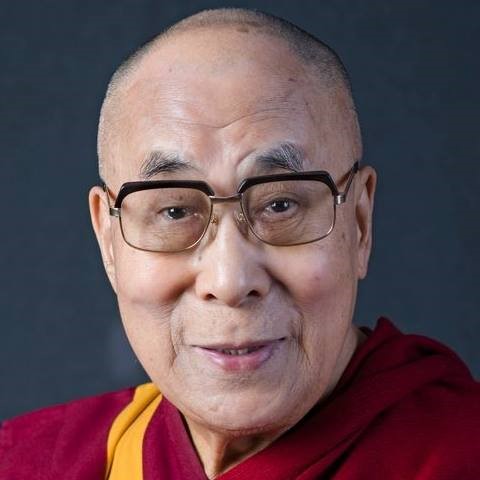With war raging in Ukraine a discussion about the future of the 14th Dalai Lama living in exile in India may appear out of place. Yet China, a country supporting the Russian aggression, is surprisingly enthusiastic about replacing the current incarnation of the Dalai Lama with or without his consent. Beijing is ramping up the pressure and may appoint a new Dalai Lama on its own. Three years ago, Chinese Foreign Ministry spokesman Geng Shaung reiterated Beijing’s stance, stating that “the reincarnation of living Buddhas, including the Dalai Lama, must comply with Chinese laws and regulations and follow religious rituals and historical conventions.” In 2007, the communist regime passed a law that permitted it to decide which Buddhist lamas are allowed to reincarnate.
Tibetans will be pressured to follow the lama appointed by Beijing even if the exiled Dalai Lama names his successor to the throne. According to Jamestown Foundation’s Tenzin Dorjee, “The exile candidate will carry greater moral authority and internal legitimacy, but the PRC-backed puppet will enjoy greater financial resources and political access. China will use its economic leverage and political clout to open doors for its own candidate and raise his profile on the highest stages, while working to marginalize the exile candidate in the global arena.” Over the last few years China has pressured other nations to deny a visa to the current Dalai Lama to reduce his influence and international prestige, despite his winning the Nobel Peace prize.
The Dalai Lama is a religious leader that exerts spiritual influence beyond China’s borders. Key among those areas are Taiwan and Mongolia. He also is revered by Buddhist indigenous populations in Ladakh, Sikkim, and Arunachal Pradesh, which are located along the 2,100-mile Sino-Indian border. China is competing for territory and influence in these regions and actual military supremacy high in the Himalayans. The CCP is unable to cement its claim to legitimacy in Taiwan, but the Dalai Lama remains a higher respected figure among much of its population.
The Dalai Lama represents soft power that China can use for its own purposes. Dorjee suggests that in a time when nuclear-armed countries are in a stalemate, the Dalai Lama is a powerful tool in China’s quest for regional hegemony. The 14th Dalai Lama is the poster child of resistance to Beijing. If China appoints a new one, even if in competition with another, it will enable Beijing to press forward with its agenda.
There is historical context for China using the influence of the Dalai Lama. In Republican China, just over 100 years ago after the 1918 Sino-Tibetan battle, it tried to use the Buddhist leader to force the incorporation of Tibet into China. Fifteen years later, China under the Nationalist Party leader Dai Jitao, argued that Buddhism “was the one uniting feature” that could be used to bridge the racial, cultural, and linguistic gap between the two “estranged peoples.” If China is successful in appointing a new Dalai Lama, it will not resolve all the issues surrounding the spiritual leader, but it will allow Beijing to split support off from the 14th Dalai Lama and garner strength for Beijing’s position in and outside of China. China is a nuclear-armed nation located adjacent to India that also possesses nuclear weapons. Beijing may be planning to use a new, communist-appointed Dalai Lama, to break the nuclear stalemate over military supremacy in the remote Himalayan mountains. China wants to maintain military control over the Chumbi Valley to support any future conflict against India. It also serves as the only overland trade route permitted between the two countries. The two populous states also are competing economically in the region to build infrastructure. An old Chinese adage says that one mountain cannot claim two tigers. In this case the prize may be even larger if China gets it own Dalai Lama. The underlying value for China is in capturing the Asian economy. This is potentially one more step in that direction while the eyes of the world as cast west toward the war in Ukraine. Xi Jinping is a brilliant strategist. He may have decided now is the wrong time to use hard power to invade Taiwan. Instead, he appears to be planning to deploy another type of influence operation. Whether he is successful remains to be seen. The world can be certain that Xi is not sitting back and relaxing while Russian troops conduct war in Ukraine. He is making good use of the distraction to further his hegemonic plans.
Daria Novak served in the U.S. State Department
